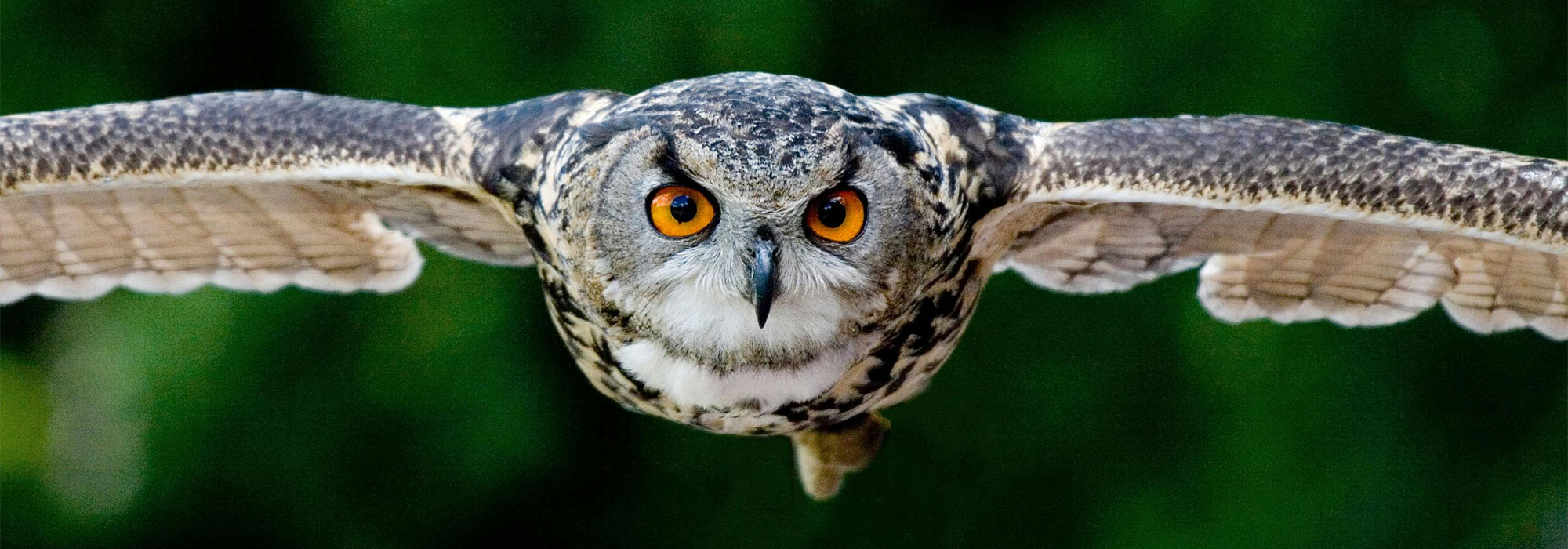The CRYOZOO Biobank of Animal Cell Lines can provide access to many biomaterials and associated data to researchers aligned with the bases and objectives of the project.
Objective
To ensure that the CRYOZOO biomaterial is requested for the development of a project with the mission to serve the conservation and welfare of animal species, research in biomedicine and animal health and in general public benefit for non-commercial research purposes.
Features
The committee will have among its functions to ensure that the research defined by the applicant does not conflict with the objectives and general lines of conservation and animal welfare.
Members
The members of the CRYOZOO SEC are qualified researchers in the field of conservation, biomedicine or related fields.

Members
Antoni Alarcón has a degree in Biology from the University of Barcelona, and a Master’s Degree in Biology and a Master’s Degree in Environmental Engineering from the Ministry of Industry and Energy. He has worked over the years in the field of the environment, territorial planning and management, and on issues related to the recovery of open spaces and the impact of infrastructures, he was manager of the Consorci del Besòs and is director of the Barcelona Zoo. He has worked in different municipal positions in Barcelona and currently his work is focused on the dissemination, research and conservation of biodiversity.
Tomàs Marquès-Bonet is an ICREA and Full Professor of Genetics at the University of Pompeu Fabra University and senior scientist (Comparative Genomics Lab). He is a member of the Royal Academy of Sciences in Spain. He received the Barcelona City Award in 2024. He is the director of the Barcelona Cryozoo and his research is devoted to study genomic variation in primates, with more than 200 publications in the topic.
James Sharpe is a head of EMBL Barcelona (Tissue Biology & Disease Modelling Unit) and senior scientist (Multicellular systems biology), Barcelona, Spain. The goal of his research is to understand how the activities of gene networks control the millions of cells which make up our organs – allowing them to communicate with each other, to decide what to do at each moment during embryo development.
Cristina Pujades is an ICREA, Full Professor at Pompeu Fabra University and senior scientist (Neurodevelopmental Dynamics Group). Since 2023 she is serving as Vice rector for Research. Her main scientific goals are to unveil the heterogeneity of neural progenitors within the hindbrain and understand how spatiotemporally coordinated cell progenitor specification and differentiation occurs to construct a functional brain
LLuis Montoliu is a CSIC research scientist and vice-director of the Centro Nacional de Biotecnología (CNB), researcher and member of the Steering Committee of the Centro de Investigación Biomédica en Red en Enfermedades Raras (CIBERER), of the ISCIII. He is interested in understanding how mammalian expression domains work and how they are organized within genomes.
Carles Lalueza-Fox has been the director of the Natural Sciences Museum of Barcelona since April 2022. He holds a PhD in Biology from the UAB and is a specialist in paleogenetics, he was one of the scientists involved in the study that proved the presence of Neanderthal DNA in modern humans. In addition, he is a well-known science communicator and has received awards such as the City of Barcelona Prize for scientific research and the Narcís Monturiol Medal.
